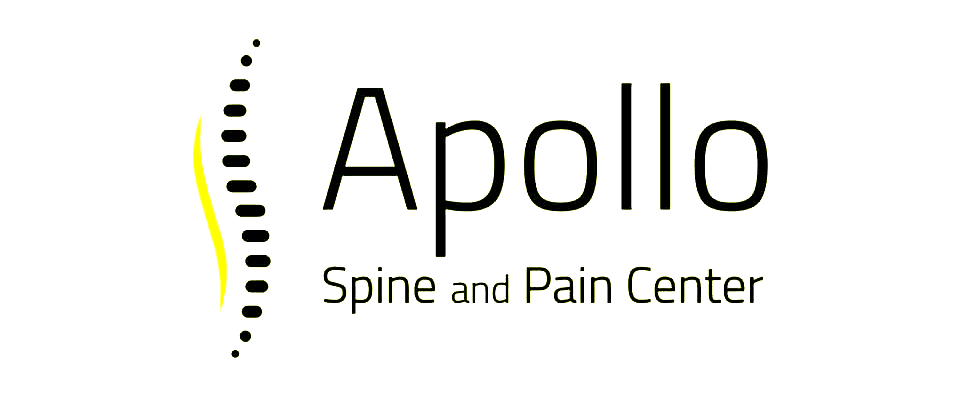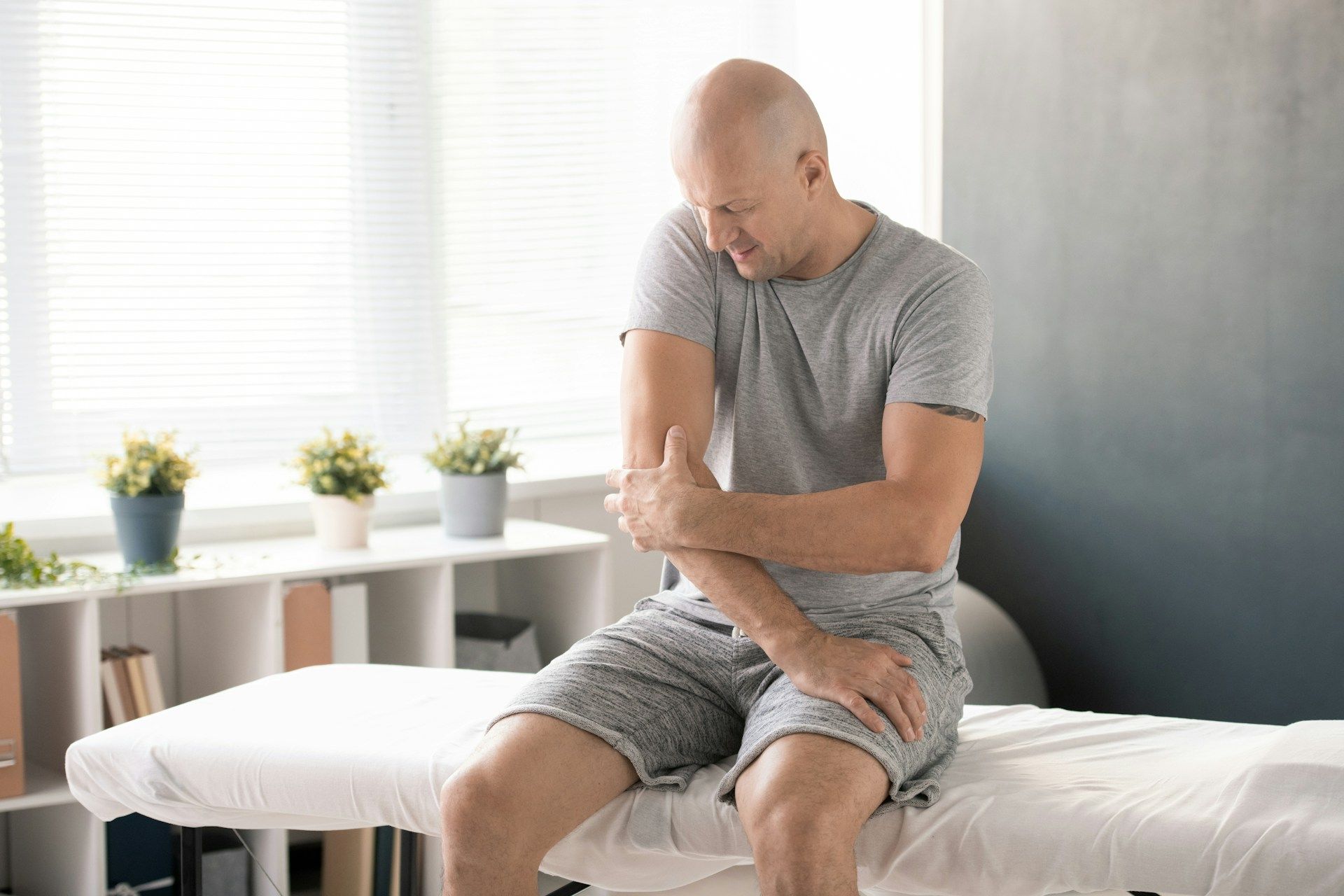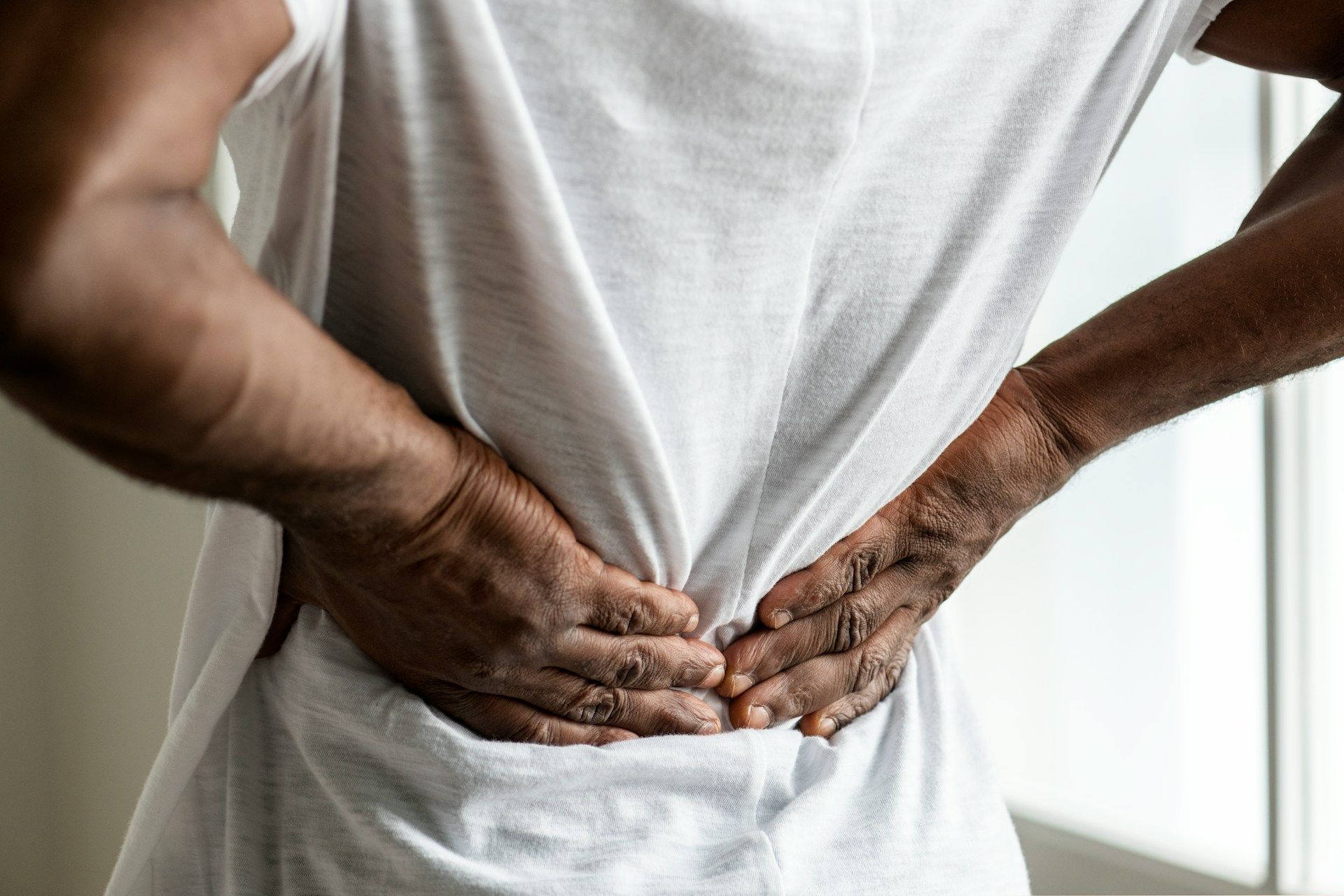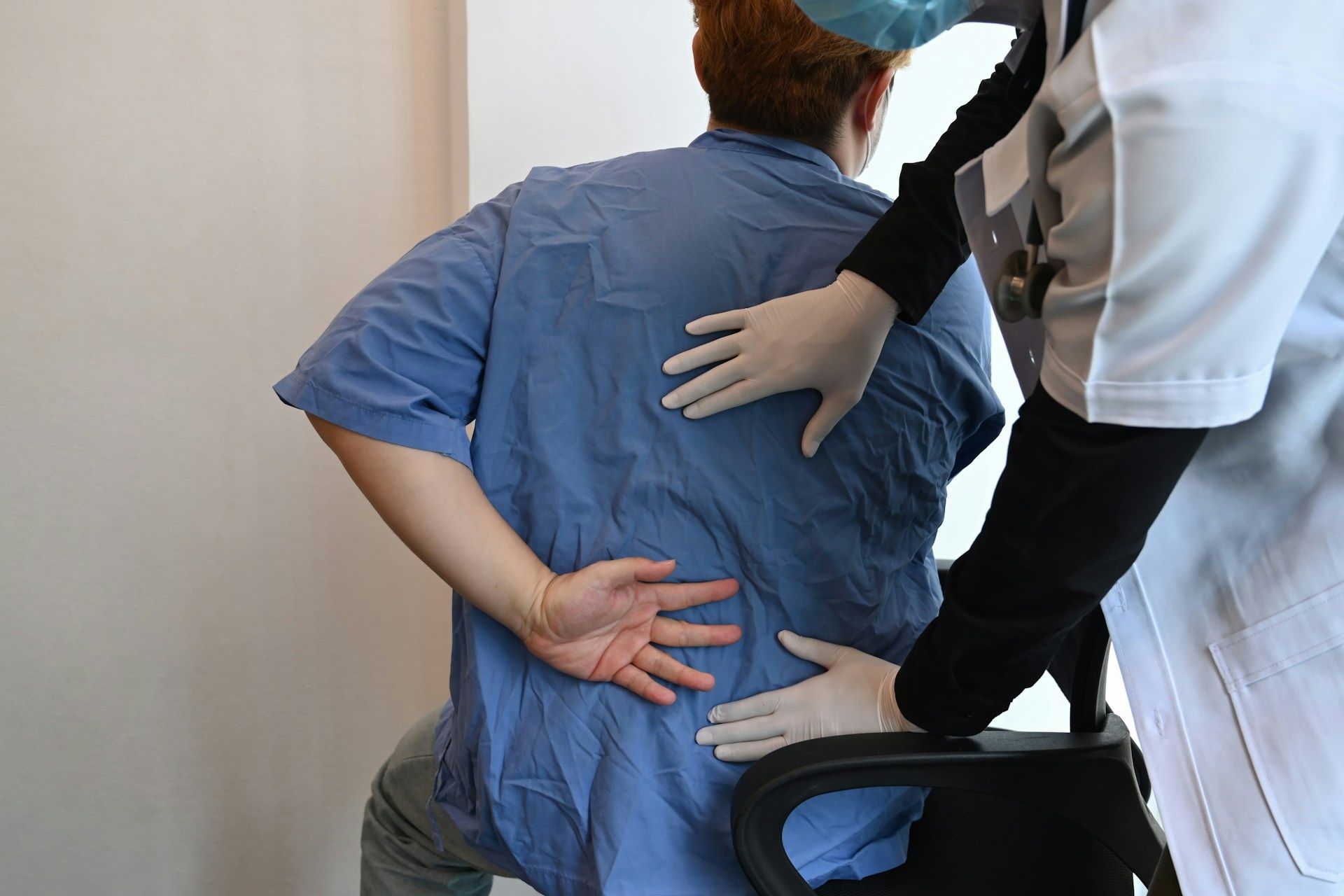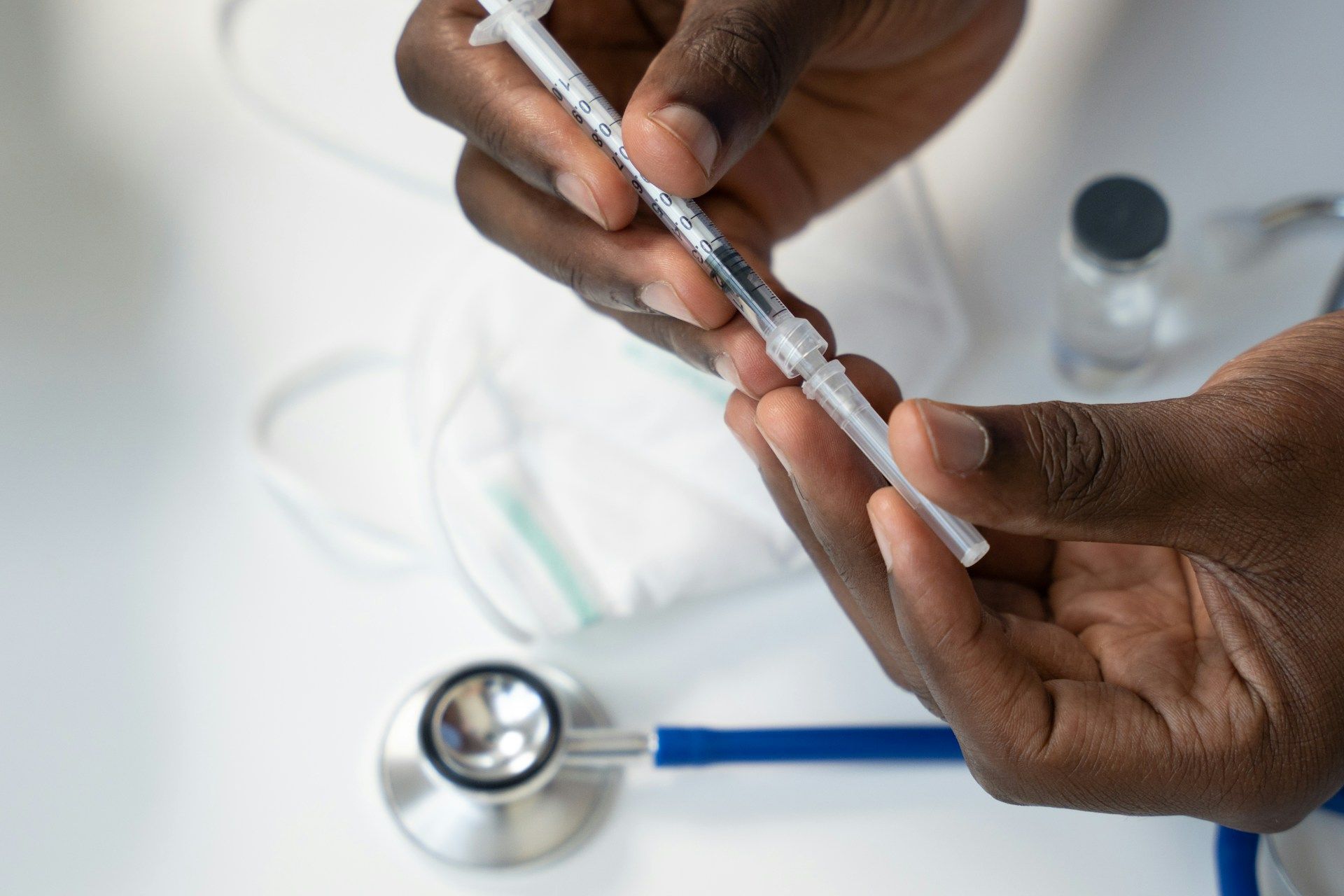Why Car Accident Pain Gets Worse: Signs You Need Professional Care
Car accidents can be frightening experiences that often leave more than just visible damage. Many people walk away feeling okay initially, only to find that pain sets in later. This unexpected discomfort can worsen over time, affecting daily activities and overall quality of life. Understanding why pain from car accidents intensifies is crucial to dealing with it effectively and ensuring a smooth recovery.
In places like Cumming, GA, and Jasper, GA, recognizing the signs that professional help is needed can make a big difference. Whether it's lingering neck pain or persistent headaches, getting timely care can prevent chronic conditions. This article offers insights into common types of pain resulting from car accidents and explains why they might worsen if left unaddressed.
Common Types of Car Accident Pain
After a car accident, there are various types of pain one might experience. These can range from mild to severe, and they can affect different parts of the body. Some of the most common types include:
- Whiplash:
This is one of the most frequent injuries. It happens when the neck snaps back and forth quickly. At first, it might feel like just a mild soreness. However, over time, leaving it unattended can lead to stiffness, headaches, and even chronic neck problems.
- Back pain: Many feel back pain after an accident. This might begin as a slight discomfort but can evolve if muscles, ligaments, or even spinal discs are involved.
- Headaches: These can appear days after the incident. They might be a sign of a concussion, whiplash, or even stress-induced.
- Bruises and soreness: While these are often visible and might seem like the least concerning, underlying injuries might be at play.
Understanding these pains helps in addressing them faster. Minor aches might manifest into something more serious if you ignore them, thinking they will just go away. This is why professional intervention is often necessary.
Why Car Accident Pain Gets Worse Over Time
Sometimes, the pain from a car accident doesn't show up right away. There are several reasons why it might get worse over time:
- Inflammation and Muscle Strain:
For some, swelling happens slowly. Muscles and tissues might get more inflamed over time, leading to stiffness and increased soreness.
- Delayed Symptoms: Injuries like whiplash or concussions might not show symptoms immediately. These can develop hours or days after the accident, making it seem like the pain is intensifying.
- Emotional and Psychological Stress: Accidents can leave a lasting mental impact too. Stress and anxiety about the event can make your body feel pain more intensely than it would otherwise.
These reasons underline the importance of not brushing off any discomfort after an accident. By understanding these causes, individuals in communities like Cumming, GA, can seek the right care early on and prevent long-lasting issues.
Signs You Need Professional Care
After a car accident, it's easy to dismiss your pain as something temporary. However, certain signs indicate you should seek professional care. If you're experiencing persistent pain that's not improving, it's time to reach out to a specialist. This applies to soreness in areas like the neck or back that lingers longer than expected.
Reduced mobility is another signal not to be ignored. If simple movements like turning your head become challenging or painful, it could mean there's something more serious going on, like a joint or nerve issue. Additionally, numbness or tingling is a red flag that necessitates immediate attention. These sensations might suggest nerve damage, which requires prompt treatment to prevent long-term problems.
Early intervention is key. Addressing these signs quickly can prevent the development of chronic pain. Ignoring them hoping they'll pass could lead to more complicated health issues later. When these indicators pop up, it's a good idea to consult a healthcare provider who understands auto-related injuries and offers appropriate solutions.
How Professional Care Can Help
Consulting professionals offers a variety of treatment plans tailored to individual needs. Physical therapy is often recommended to restore strength and flexibility, helping to alleviate pain and prevent future injuries. Therapists guide you through exercises to support your recovery process.
Medication might be prescribed to manage pain and reduce inflammation. This approach can help make day-to-day activities more manageable as you heal. Additionally, interventional procedures such as injections can provide targeted relief. By focusing treatment on the affected area, these procedures often deliver quicker results.
Seeking help from experts ensures you receive a well-rounded treatment plan. They know how to assess your condition accurately and recommend the best steps forward. Their goal is not just alleviating symptoms but also addressing the root cause of pain, ensuring a better recovery.
Taking the Next Step Towards Pain Relief
Recognizing and acting on the warning signs of worsening post-accident pain is the first step in finding relief. It's important to face these challenges head-on by considering professional care that's specifically tailored for such injuries.
Recovery is more than just feeling better. It's about regaining control over your daily life and preventing minor injuries from turning into lingering problems. By taking proactive steps and seeking expert help, you're setting yourself up for a smoother and more complete recovery.
In communities like Cumming, GA, ensuring you get the right support can make all the difference. Paying attention to your body's signals and seeking the assistance needed can pave the path to getting back to the things you love, pain-free.
Taking the first step toward feeling better after a car accident can make a big difference in your recovery. If you're dealing with discomfort from an accident, consider exploring
car accident pain management to address your symptoms effectively. Our team at Apollo Spine and Pain Center is ready to support your journey to wellness. Contact us today to learn more about how we can help you manage your pain and get back to living your life fully.
